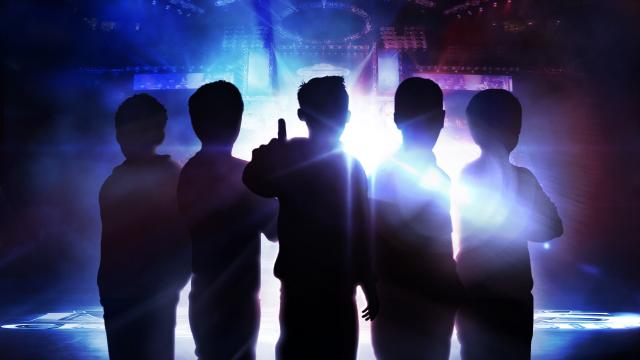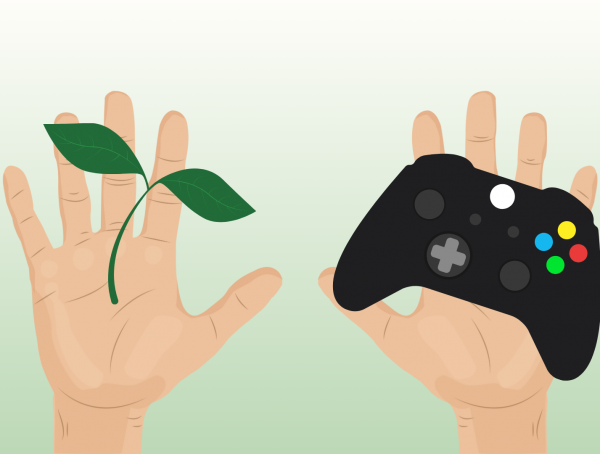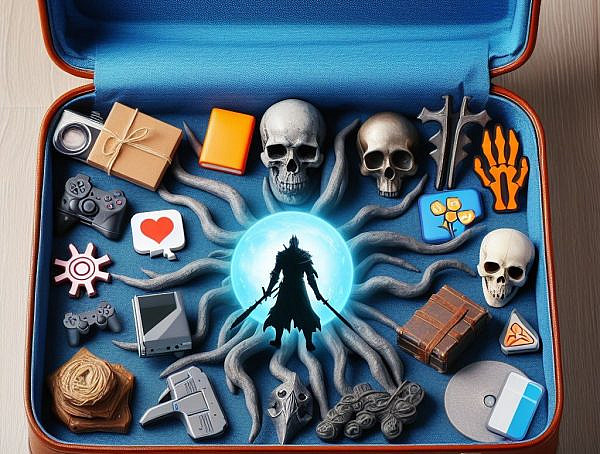What does a French intellectual born 100+ years ago think about League of Legends?
Roger Caillois is one of the key theorists, alongside Johan Huizinga and Brian Sutton-Smith, who have had a significant and lasting influence within the field of game studies, despite their oeuvres pre-existing long before the video games they are often applied to. Caillois is best known here for his 1962 work Man, Play and Games, where he classified play into four separate forms: competition (agõn), chance (alea), imitation (mimicry) and vertigo (ilinx), all existing on a continuum stretched from unregulated play (paidia) to rule-based games (ludus). His book warns against the ‘rationalisation’ of play, that the effect of play becoming more like work can be disastrous both for individuals and society at whole. Caillois uses as an example the gladiatorial games of Rome as evidence for the Roman Empire’s agõn-alea character; the games caused ‘habits’ and ‘reflexes’ representational of the empire’s aggressive nature.
This research connects Caillois ideas surrounding “the true perversion of agõn” with professional esports players. Esports continues to grow larger audiences, both through the ever increasing popularity of dedicated streaming sites like Twitch, as well as through traditional media such as the Finnish national broadcaster YLE. The visibility of professional players in our culture has no doubt helped influence a younger audience about the possibility of playing games for work, a ‘dream’ career. As mentioned in TL Taylor’s 2012 book Raising the Stakes, these careers will only ever be attained by a small number, but the culture surrounding esports is nowadays pervasive and tied deeply to some gamers identity and lifestyle.
Taylor rejects Caillois’ perspective that work corrupts play, saying that “such a hard-line position is untenable” when considering how pro players view their work/play subjectively. However, the research suggests that this is overlooking the reasons why Caillois keeps a difference between work and play qualitatively, that is “to critique the way in which working life rationalises play into a means of socio-political control.” Personal autonomy is constrained when the economic obligation of work restricts the free activity of play. A lot of this relates to how playing for work is concerned primarily with the extrinsic rewards (tournament winnings, wages etc) as opposed to the intrinsic rewards (playing just for the sake of playing). External sources of control, such as the need for rent money, motivates extrinsic rewards and as such is linked with weak personal autonomy.
The research uses the concept of Margaret Archers ‘human reflexivity’ to deal with the issues of agency and structure within social theory. Specifically the modality of ‘autonomous reflexivity’ in Archer’s model is used, in relation to Caillois’ belief that the games of agõn conformed people and cultures to instrumental rationality. It is stated that within our contemporary Western neoliberal societies, instrumental rationality is used by the populace to balance increasing demands on our time and money. The autonomous reflexive makes choices to navigate through these demands in “the most practical and strategic means possible”.
The socio-economic conditions that professional players exist in is further elaborated. Career anxiety is apparent in how players retire very young, often before thirty, without similar opportunities that traditional sports have for former players. Income, as determined by tournament winnings, is uncertain and of varying size. The small amount of players who reach the highest levels of competition is apparent, similarly to other ‘dream’ careers in music and film. Players in teams often live in shared houses, “designed like factories” that aim to minimise the distraction of family and friends for the benefit of extended training regimes. “Everyday life becomes formulaic – a drive to ‘min/max’ their human subjectivity”
The research highlights a documentary by VICE that covers professional League of Legends player Cheon ‘Promise’ Min-Ki and how his collusion with match fixing can be understood as a logical endpoint to the contradictions around this ‘precarious play’. The fallout from this activity, led to Promise attempting suicide following a lifetime ban.
Concluding, the research reminds us that Caillois’ work can continue to help us better understand the morality of games. Vigilance is required around the ‘games’ that society submits us to, because we should not allow them to determine our character, nor our wider culture.
Original Article: http://journals.sagepub.com/doi/abs/10.1177/1555412016686878
Authors: Tom Brook
Published in: Games and Culture, 4 January 2017
You might also like
More from Game Research Highlights
How do you want to do this? – A look into the therapeutic uses of role-playing games
Can playing RPGs contribute positively to your wellbeing? A recent study aims to find out how RPGs are being used …
Eldritch horrors and tentacles – Defining what “Lovecraftian” is in games
H.P. Lovecrafts legacy lives today in the shared world of Cthulhu Mythos and its iconic monsters. Prema Arasu defines the …
Are Souls Games the Contemporary Myths?
Dom Ford’s Approaching FromSoftware’s Souls Games as Myth reveals the Souls series as a modern mythology where gods fall, desires …
















